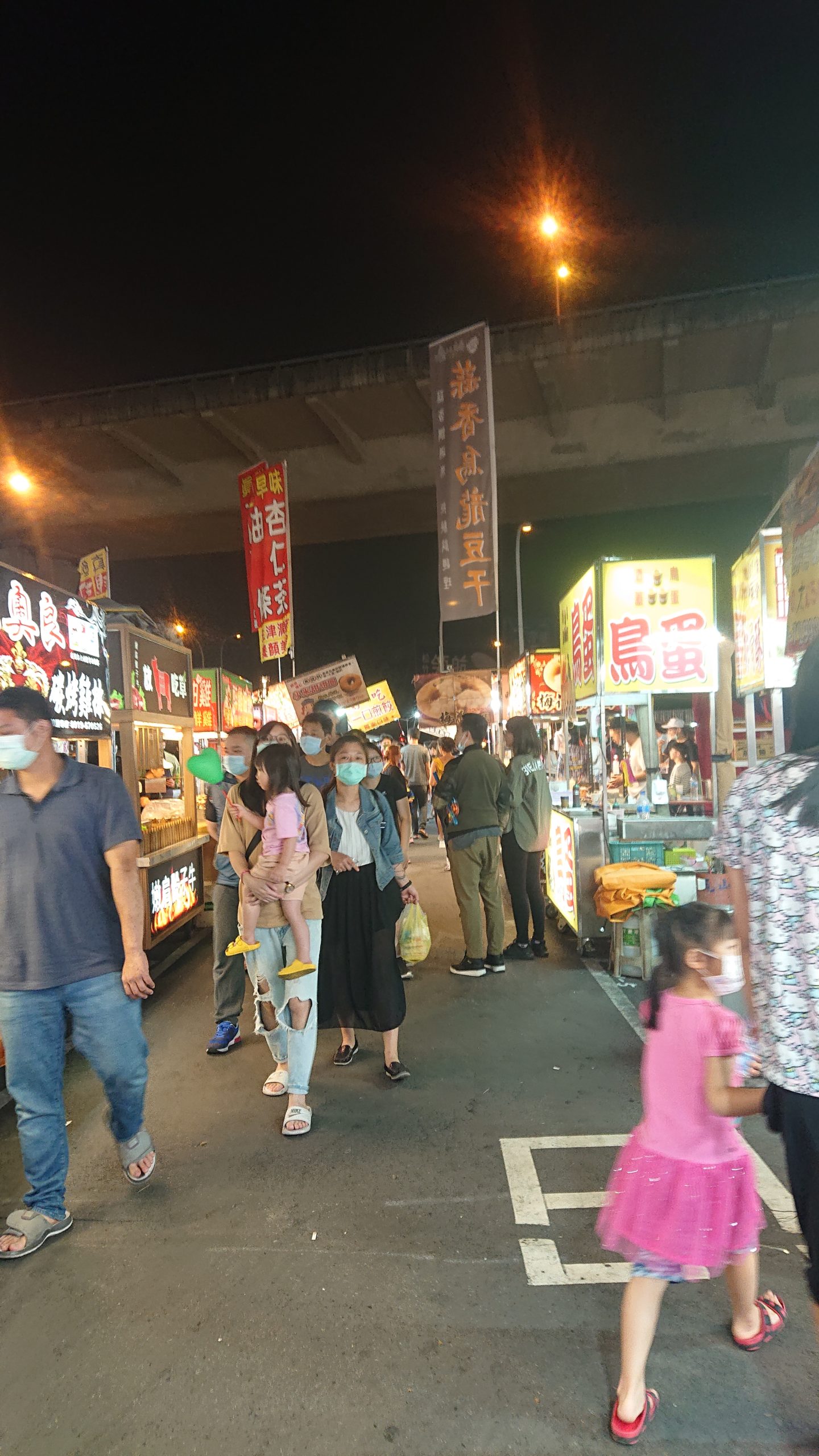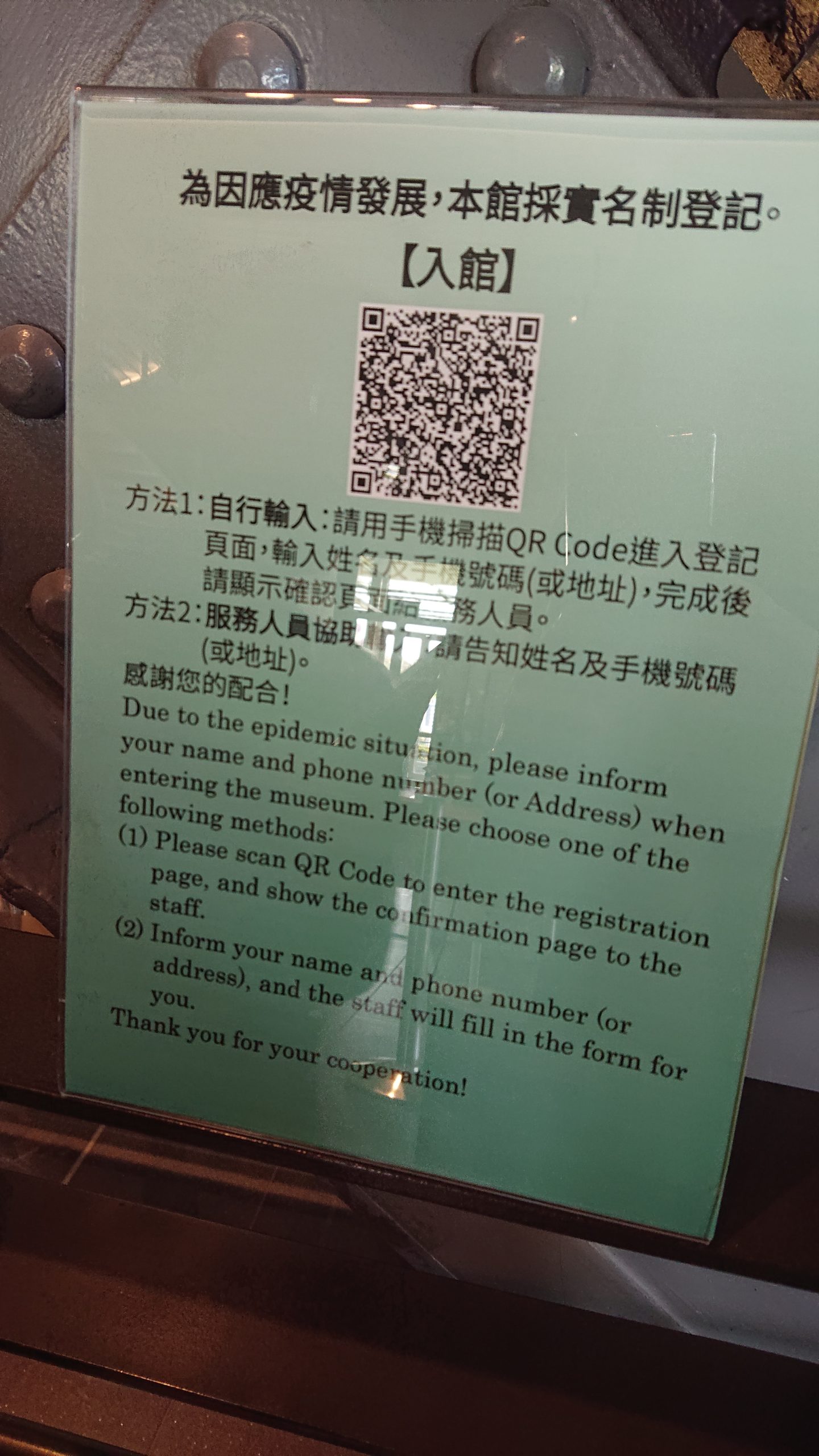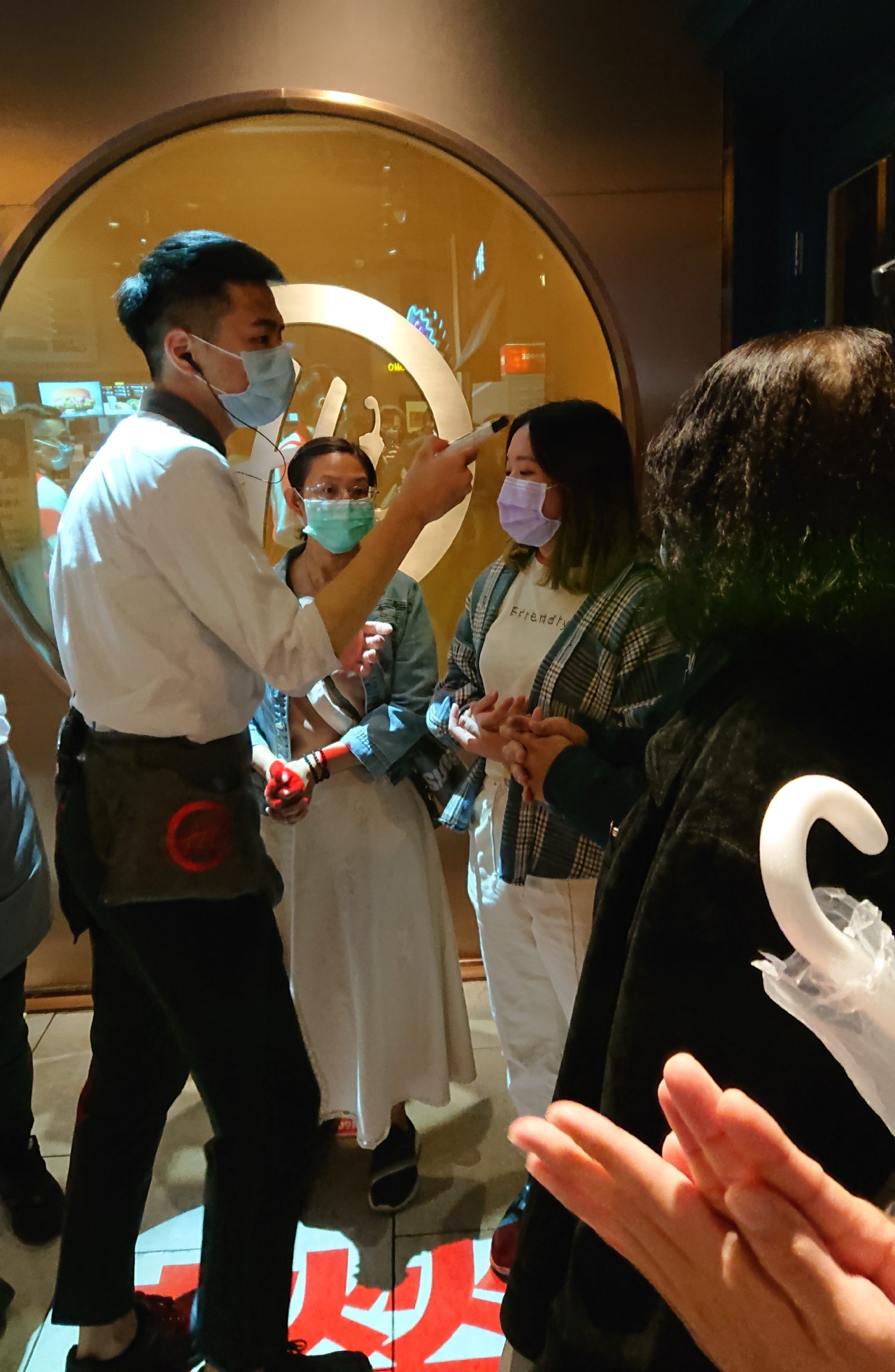How to become a Digital Nomad

I’ve blogged many times before about Digital Nomads, which are people who work in nations outside where they have citizenship, typically because they have jobs that can be completed online. I first became aware of digital natives after the 2008 financial crisis. Some of my students realized then that they could do their job -for example, data entry for a hospital- anywhere globally, while living in a country with a far lower standard of living. These students began to turn up in my online classes. Chiang Mai, Thailand was by far the most popular place for these students to live, but I also found students to be living anywhere with cheap costs and good internet.
In the years that have followed, Digital Nomads have become a true social movement for twenty and thirty-somethings. They have their own group on Linked In. Entire nations, such as Portugal, have begun to try and court this group, which is ironic. I was in Lisbon this fall, and found that many coffee shops will have signs on the tables near the windows: “No computers at the table.” The cafe owners don’t seem to want people in the street to look into their cafes to see people working there. At the same time, there’s always a space a little back from the windows in which there are long tables, filled with foreigners busily working on their Macbook.
So how do you become a Digital Nomad, or at least resettle in another country? I’ve been fascinated with this question, because I wondered how many people -often in their twenties- managed to figure out all the complexities that come from working abroad. It turns out that there is a network of resources to support these people. If you look on Reddit, you’ll find find subreddits that are filled with practical advice. I like also particularly Kristin Wilson’s podcast, “Badass Digital Nomads.” You should be aware that Kristin has a company that helps people relocate. Indeed, one of her podcast episodes features an audio recording of one of these classes, in which people describe their motivations and what they are learning from the course. What was interesting to me was that many people who were taking the class were not digital nomads, but rather retirees searching to find an new life abroad, not only because they wished to protect their finances, but also because they were disillusioned with life in the United States. I found myself curious to take the course. Kristin Wilson also has a popular Youtube channel about travel, “Traveling with Kristin.” It’s a good source for inspiration, while also being realistic about the challenges digital nomads and travelers face. One recent episode focused on what she disliked about living abroad, after having lived in sixty different countries.
I have a podcast, Dispatch 7, which has been on hiatus since October as I am on sabbatical. But I’ll return to work soon, and will be featuring some interviews with and about Digital Nomads.






